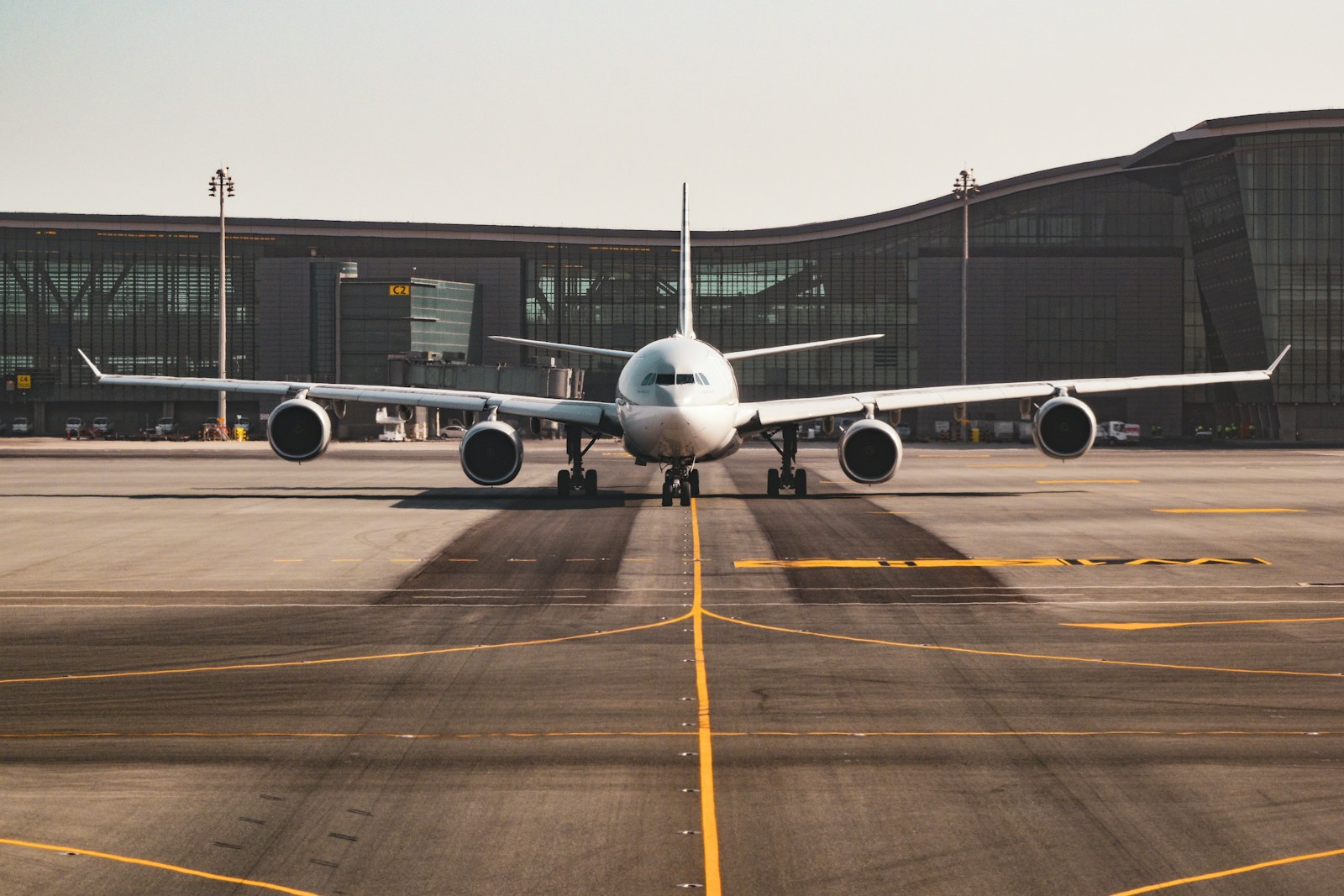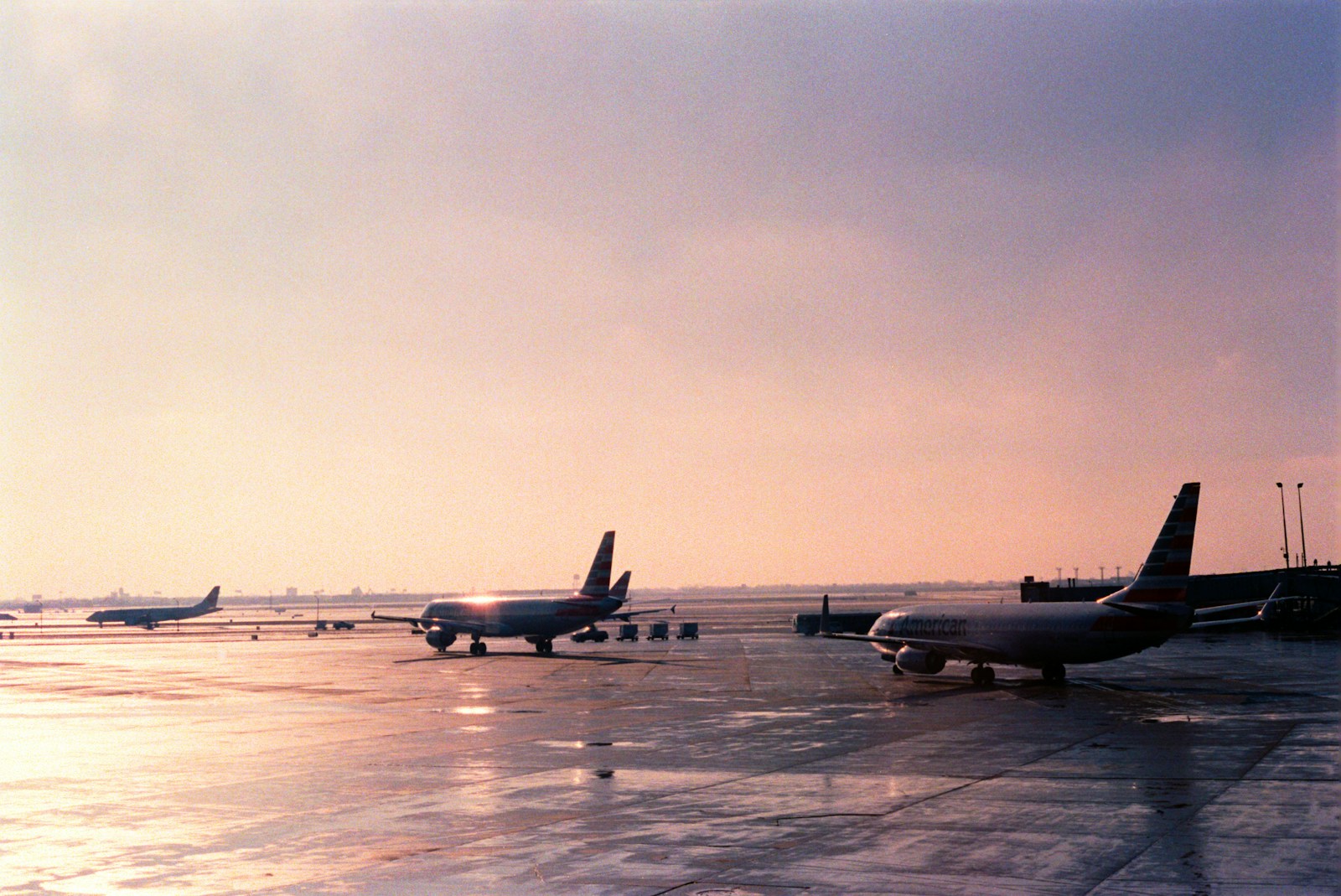Airport Tax
Table of Contents
Understanding Airport Tax: An Overview
Airport tax, often referred to as airport departure tax or passenger facility charge, is a fee that travelers must pay when flying from or, in some cases, through an airport. This tax is typically included in the price of an airline ticket and is used to fund airport maintenance, security, infrastructure improvements, and other aviation-related expenses. The exact nature and purpose of airport taxes can vary widely from country to country and even from one airport to another within the same country. They are an essential source of revenue for airports, allowing them to maintain and enhance their facilities without relying solely on government funding.

How Airport Taxes Are Calculated and Who Pays Them
Airport taxes are calculated based on various factors, including the type of flight (domestic or international), the class of service, and sometimes the distance traveled. Some countries charge a flat rate, while others have a sliding scale based on the aforementioned criteria. The tax is usually collected by the airlines at the time of ticket purchase and then passed on to the airport authority or government agency responsible for its collection. All passengers, regardless of age or nationality, are typically required to pay airport taxes, although there are exceptions for infants, diplomats, or transit passengers who do not leave the airport.
The Impact of Airport Taxes on Ticket Prices and Travel Budgets

Airport taxes can significantly impact the overall cost of air travel. In some cases, these taxes and fees can account for a substantial portion of the ticket price, especially for international flights. For budget-conscious travelers, high airport taxes can make certain destinations less attractive or accessible. It's important for travelers to be aware of these costs when planning their travel budgets, as they can vary greatly from one destination to another. For example, the United Kingdom's Air Passenger Duty (APD) is one of the highest airport taxes in the world, which can add a considerable amount to the cost of flights departing from UK airports.
Navigating Airport Taxes: Tips for Travelers and Frequently Asked Questions

Travelers can navigate airport taxes more effectively by researching and understanding the fees included in their airfares. It's advisable to check the breakdown of taxes and fees when booking a flight, as some budget airlines may list these separately from the base fare. Additionally, consider alternative airports or routes that may have lower taxes. When planning a trip, it's also worth looking into whether the destination country offers tax refunds for tourists upon departure. To help travelers, here are some frequently asked questions about airport taxes:
- Are airport taxes refundable? In some cases, if a flight is canceled and not rescheduled, the airport taxes may be refundable. However, this depends on the airline's policy and the regulations of the country in question.
- Can I avoid paying airport taxes? Airport taxes are mandatory and cannot be avoided if you are flying from an airport that charges them. However, choosing alternative routes or airports with lower taxes can reduce the overall cost.
- Why do airport taxes vary so much? Airport taxes vary due to differences in government policies, airport operating costs, and the level of infrastructure investment required at each airport.
In conclusion, while airport taxes are an unavoidable part of air travel, being informed can help travelers manage their travel budgets more effectively. By understanding how these taxes are calculated, their impact on ticket prices, and how to navigate them, travelers can make more cost-effective decisions and enjoy a smoother travel experience.
